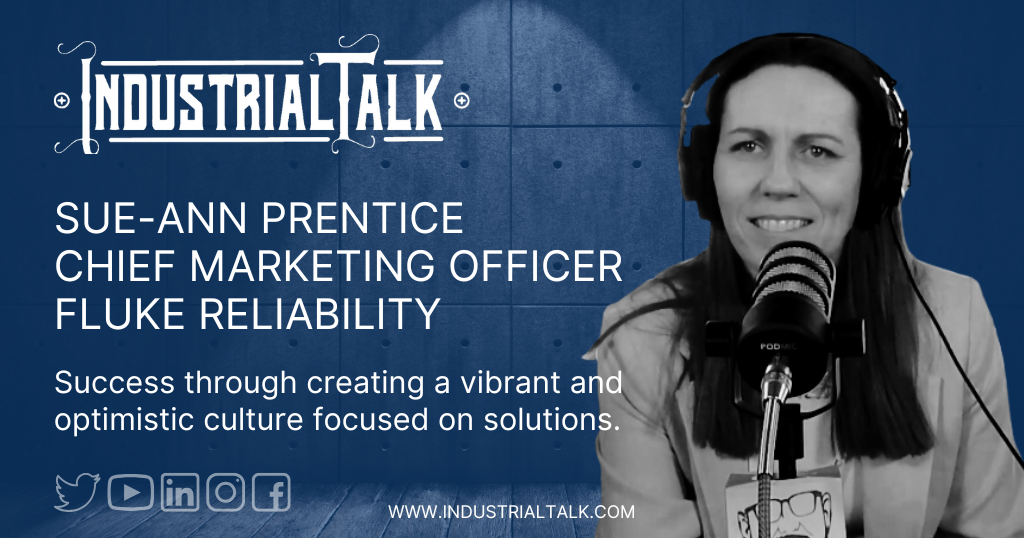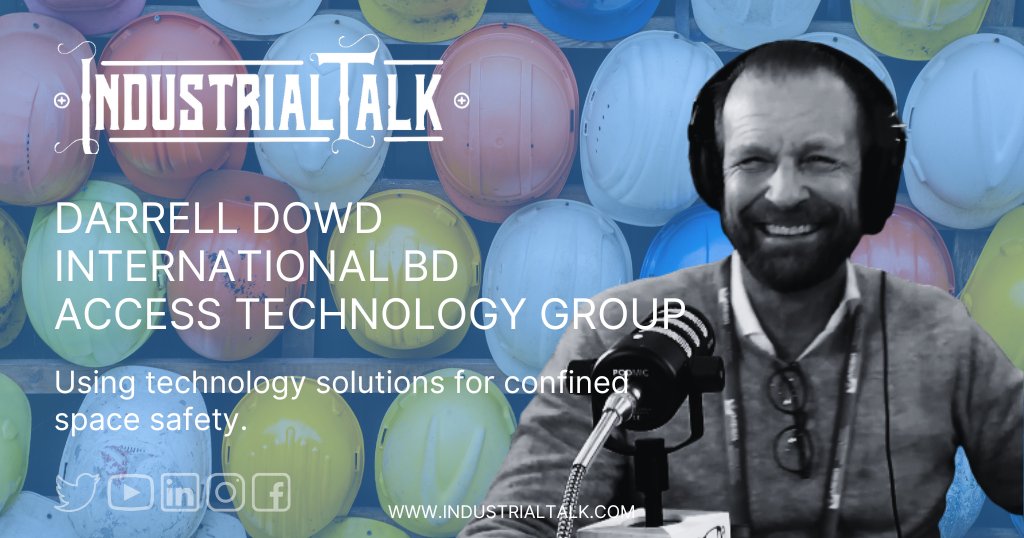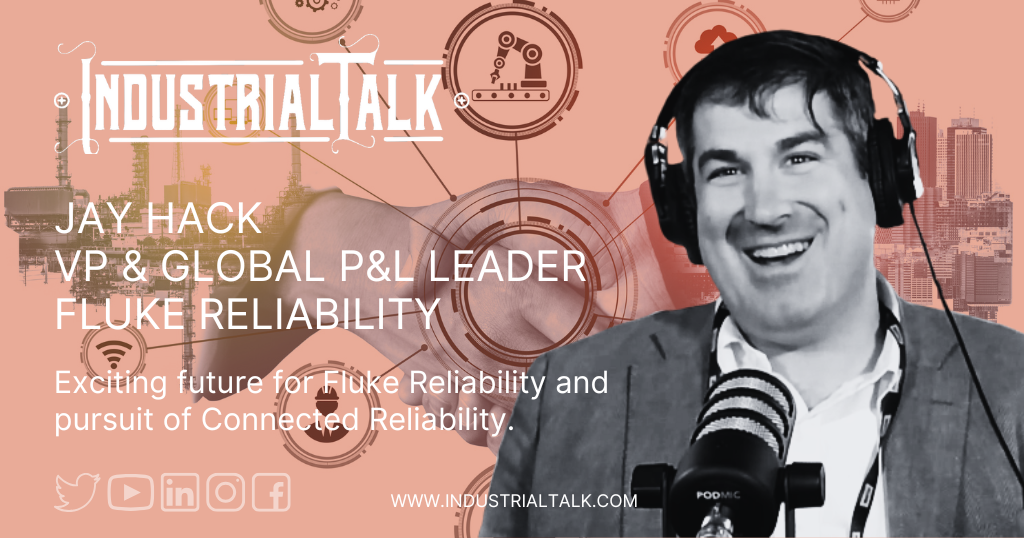Sue-Ann Prentice with Fluke Reliability
Industrial Talk is onsite at Xcelerate 2025 and talking to Sue-Ann Prentice, CMO at Fluke Reliability about “vibrant culture focused on solutions”.
Scott MacKenzie hosts an industrial podcast from the Xcelerate 2025 event by Fluke Reliability, celebrating industry professionals. Sue-Ann Prentice from Fluke discusses the success of the event, highlighting the energy, collaboration, and innovation among attendees. They discuss the importance of education, collaboration, and innovation in solving industry problems. Sue-Ann emphasizes the role of customer insights in driving innovation and the collective effort with partners to enhance technology. They also touch on the future of AI and machine learning in industrial applications. The conversation concludes with plans for the next Accelerate event and encourages listeners to connect with Fluke Reliability.
Darrell Dowd with Access Technology Group
Industrial Talk is onsite at PowerGen 2025 and talking to Darrell Dowd, International BD at Access Technology Group about “Confined Space Safety”.
Darrell Dowd, Country Manager for Access Technology Group, discussed their innovative solution for enhancing safety and efficiency in confined spaces during shutdowns, turnarounds, and outages. The system uses digital technology, including cameras and communication devices, to monitor and assist workers remotely. This reduces the need for physical observers, centralizing control and improving response times in emergencies. The setup typically takes six man-hours per space, and the system includes continuous gas monitoring. Despite initial pushback, workers appreciate the efficiency and safety benefits. Contact details for Access Technology Group are available on LinkedIn.
Marcus McCarthy with Siemens Grid Software
Industrial Talk is onsite at DistribuTech 2025 and talking to Marcus McCarthy, Sr. Vice President at Siemens Grid Software about “Energy Solutions for the Future”.
Scott MacKenzie and Marcus McCarthy discuss the evolving utility industry and the role of digital twins in improving efficiency and reliability. Marcus highlights the challenges of aging infrastructure, increased power demand, and the need for carbon removal. He emphasizes the importance of accurate digital models for better planning and decision-making. Marcus explains how Siemens’ digital twin solutions enable real-time operations and scenario simulations, enhancing network management. They also touch on the practicality of cloud technology and the industry’s readiness to adopt new technologies. The conversation underscores the urgency for utilities to invest in digital twins to meet future energy demands and optimize grid performance.
Jay Hack with Fluke Reliability
Industrial Talk is onsite at Xcelerate 2025 and talking to Jay Hack, VP and Global Leader at Fluke Reliability about “Connected Reliability”.
Scott MacKenzie interviews Jay Hack, Vice President and General Manager of Fluke Reliability, at the Accelerate 2025 event in Austin, Texas. Jay discusses Fluke’s comprehensive reliability solutions, emphasizing the importance of transitioning from reactive to proactive maintenance. He highlights the company’s flagship product, E Main, and its role in asset criticality assessments. Jay also mentions the integration of various modalities like vibration and thermography, and the introduction of the ECM portal for centralized condition monitoring. Fluke’s strategy includes increased connectivity among portfolios, significant R&D investment, and strategic partnerships to enhance customer value.
Javier Garcia Lopez with i4-Tech
Scott MacKenzie hosts an industrial talk podcast featuring Javier Garcia Lopez, co-founder of i4Tech, a company based in Singapore with a focus on Industry 4.0 in Southeast Asia. Javier discusses the challenges and opportunities in the region, emphasizing the importance of breaking the barrier to entry for manufacturing digitalization projects. He highlights i4Tech’s solution, ActivaSuite, which allows for scalable and composable data collection and application development. Javier also touches on the role of AI in manufacturing, noting the increased interest and the need for practical, business-focused solutions. The conversation concludes with Scott encouraging listeners to reach out for further discussions and support.





